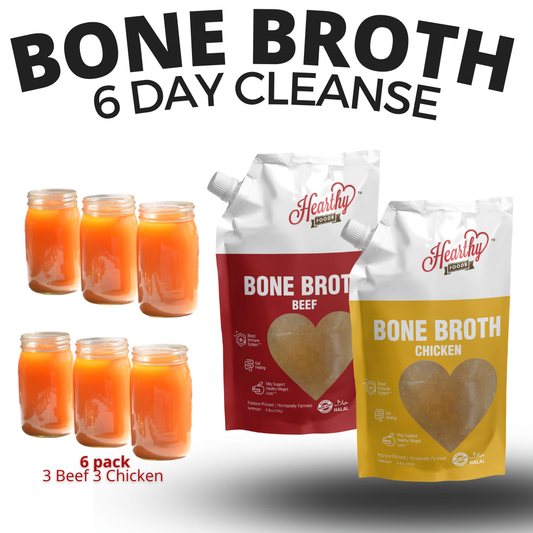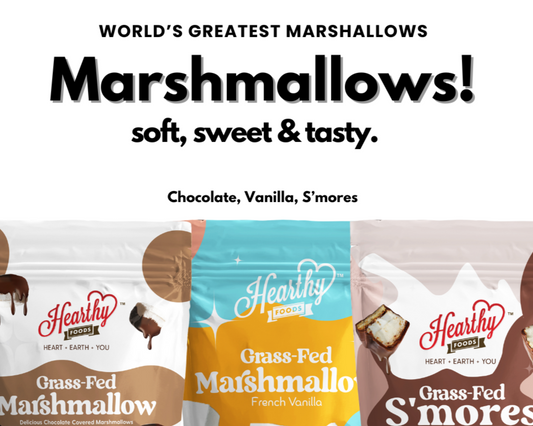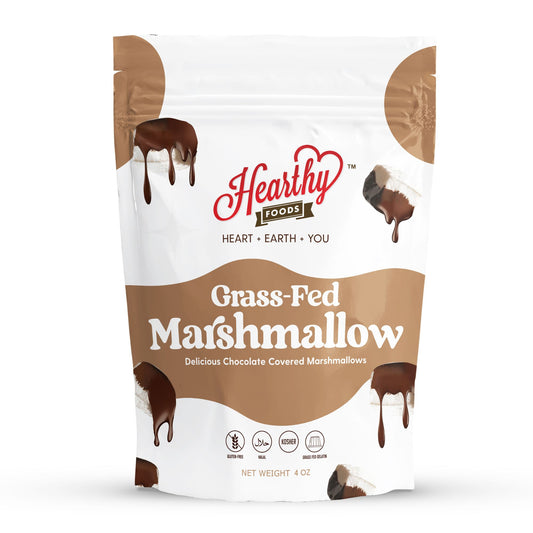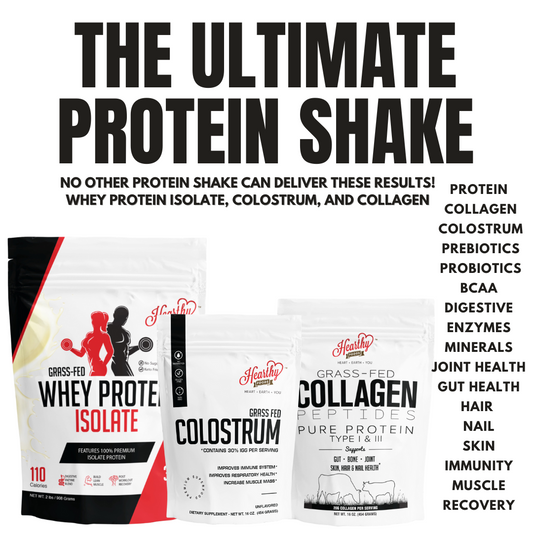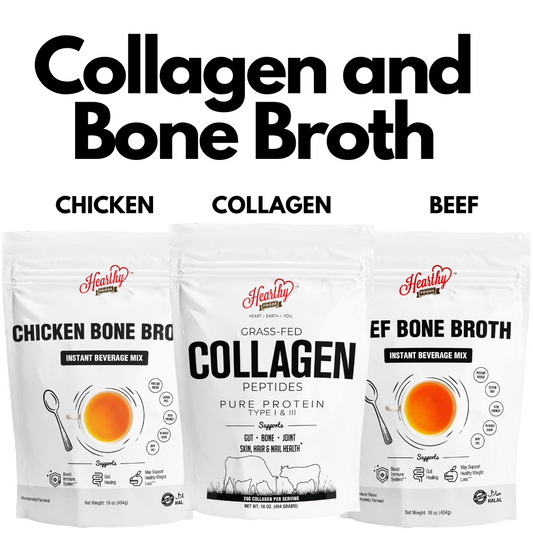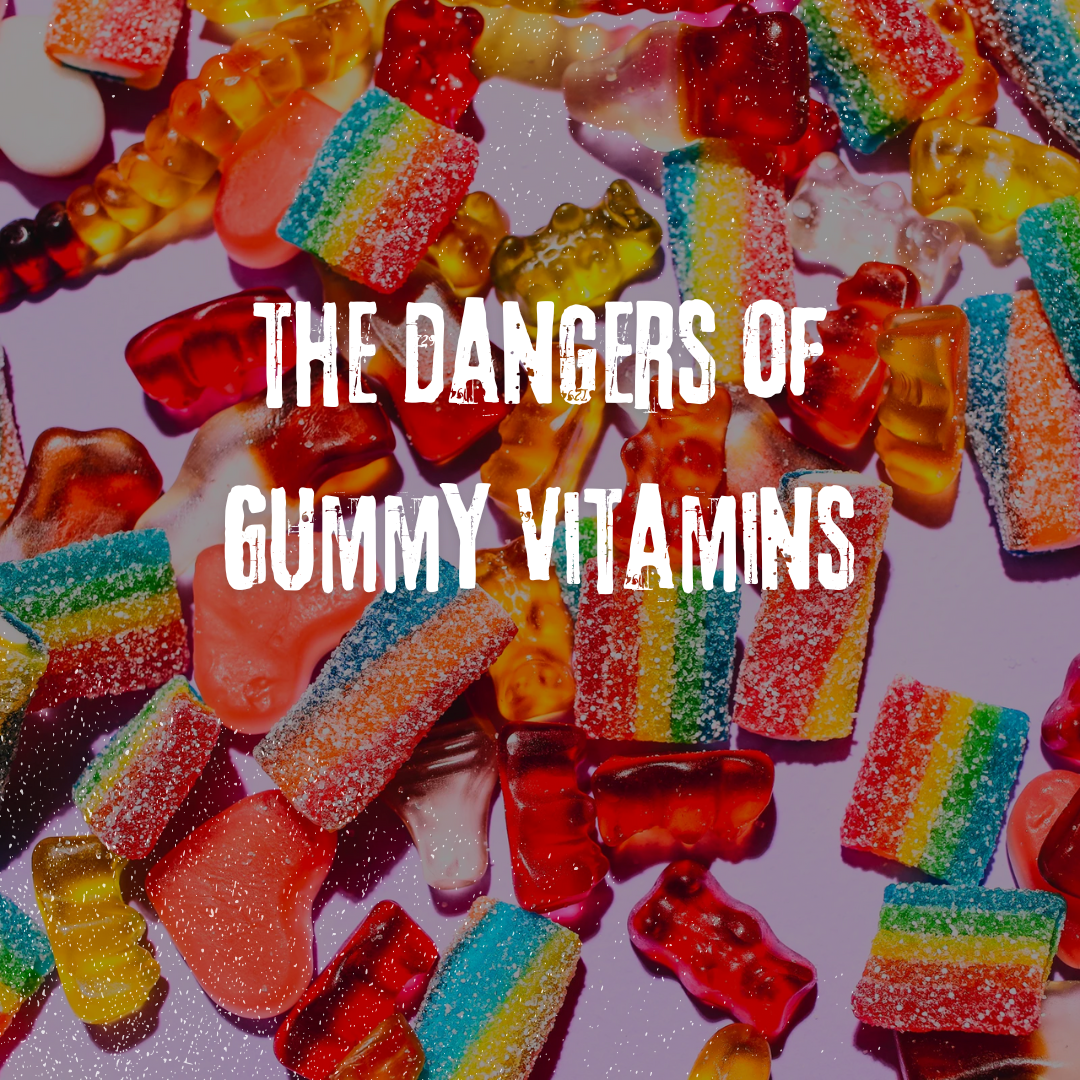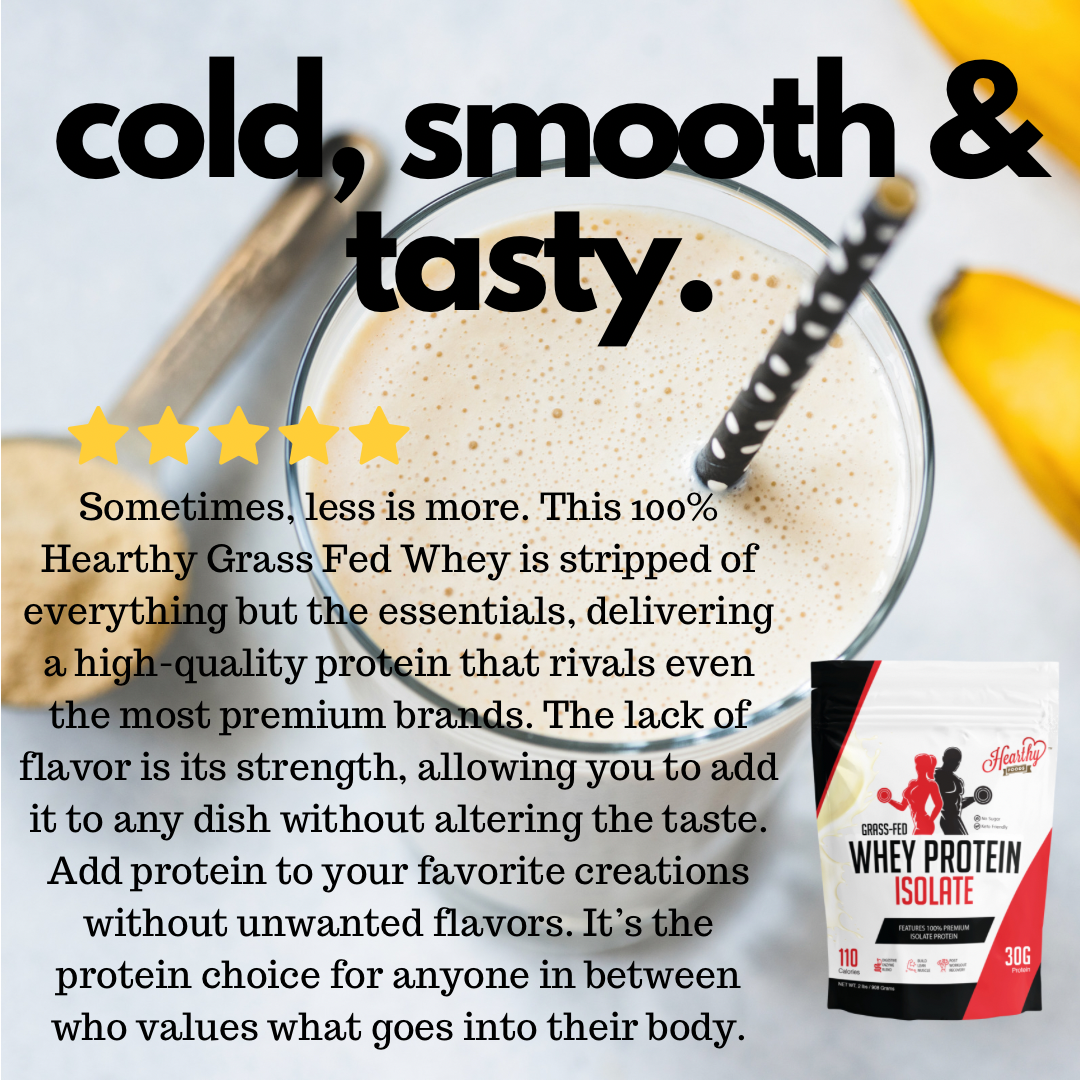
Collagen Is Sold Everywhere These Days… Are You Buying The Right Collagen ?
Collagen Is Sold Everywhere These Days… Are You Buying The Right Collagen?
We all long for the fountain of youth. Looking good and feeling great has never been so accessible. Most are aware of the vital importance of collagen these days:
With various supplements, we can reconstruct and preserve our bodies to our heart's desire. One such supplement is Collagen, the protein that forms the connective tissue all over our bodies. Collagen is a long chain Amino Acid. It allows the skin to be flexible but also gives it structure.
Collagen comes from the Greek word “glue,” because that’s essentially what it does. It keeps our body together in a meshed matrix of strands that form of cartilage, joints, skin, hair, and nails. So much of your body relies on this collagen matrix. If we don’t get enough of it we break down.
Every living animal has collagen, including marine life, birds, and mammals like cows. In each animal, like humans, they have various forms of collagen for different functions as well.
30% of the protein in your body is collagen.
70% of the protein in your skin is collagen.
We lose 50% of our bodies collagen by age 60.
The Five Types of Collagen Our Bodies Need Most
When it comes to supplements there five main types of collagen. We will cover five of them to help you make more informed decisions about your Collagen intake.
Type I - This is the most abundant collagen of the human body. It is present in scar tissue, the end product when tissue heals by repair. It is found in tendons, skin, artery walls, cornea, the endomysium surrounding muscle fibers, fibrocartilage, and the organic part of bones and teeth.
Type II - Hyaline cartilage, makes up 50% of all cartilage protein. Vitreous humor of the eye. Type II is all the joint cartilage and their articular surfaces that connect on that joint so if you were to have a joint that's worn out you would want to probably take more of the two verses maybe weak ligaments that's a whole different thing okay
Type III - This is the collagen of granulation tissue and is produced quickly by young fibroblasts before the tougher type I collagen is synthesized. Reticular fiber. Also found in artery walls, skin, intestines, and the uterus. Type III is the connective tissue, the collagen that is like mesh around the liver inside the liver that separates the different parts. It's more delicate, as in the bone marrow, and in the lymph.
Type IV - Basal lamina; eye lens. It also serves as part of the filtration system in capillaries and the glomeruli of nephron in the kidney. This Type forms the respiratory tract and that's involved in the bronchial tubes the lungs around the intestines and the tissue around the heart.
Type V - Forms the hair and cell surfaces. This is the interstitial tissue, associated with Type I and placenta
Why We Need to Consume Collagen Supplements
Most people assume that if they eat enough animal protein they will get Collagen in their bodies. The truth is that even if you are eating a lot of meat, it would be very hard for your body to synthesize protein and rebuild it into Collagen. To build Collagen your body requires a lot more to link all the amino chains together.
Chlorophyll from plant food and Vitamin C would have to be present in large quantities to produce collagen directly. And the volume you would need to consume would be impossible.
Using a Collagen Supplement helps you avoid consuming as much protein meat. It’s easier, cheaper, and more effective than shoving down impossible quantities of meat and plants to digest.
Collagen supplements provide the raw materials for your body that you don’t normally get. Most likely, unless you are eating all parts of the animals you consume, like our primal ancestors, you are likely not getting the amount of Collagen you truly need.
You get close to a 90% absorption rate with Collagen supplements, whereas, getting collagen from food it’s as low as 25-35%. Since most of us don’t eat like Gorillas, when we injure a joint, ligament, or tendon, it may feel like our joints aren’t recovering.
- Hearthy Collagen has a 5 Star Rating
- Money back Guarantee
- Certified Halal
- Grass-Fed
- Cholesterol Free
- Carbohydrate Free
- Made with Solugel Technology (100% Absorption)
- No Artificial Color/Flavor
- America's Favorite Collagen!
- Non-GMO
- Gluten-Free
- All Natural
- Paleo Friendly

